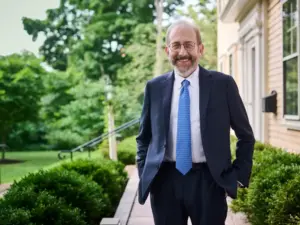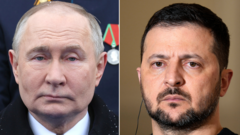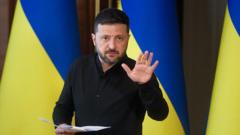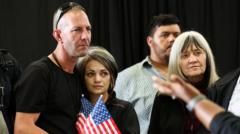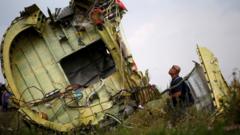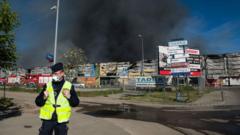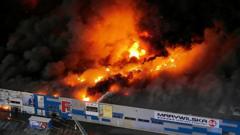As Russia claims military advantages, it leverages battlefield gains to impose hard demands, challenging potential peace talks with Ukraine.**
Russia's Assertive Battlefield Wins Shape Unrealistic Diplomatic Demands**

Russia's Assertive Battlefield Wins Shape Unrealistic Diplomatic Demands**
Amidst ongoing negotiations, President Putin projects military success, complicating the peace process in Ukraine.**
As the anticipation builds over whether President Vladimir Putin will attend planned cease-fire discussions in Turkey, recent statements from Kremlin officials underline a stark belief in Russian military superiority on the battlefield. In a declaration made in late March, President Putin maintained that Russian forces hold the upper hand across the entire front and hinted at imminent Ukrainian defeat, saying, “We have reason to believe that we are set to finish them off.”
Andrei V. Kartapolov, chair of the defense committee in Russia’s lower house of Parliament, reinforced this message, indicating that Ukraine must acknowledge the advancements of the Russian military, which he claims is progressing in 116 different directions. He urged Ukraine to heed “the language of the Russian bayonet” should they resist negotiations.
However, the dynamics surrounding peace talks remain uncertain. Though plans were put forth for mid-level discussions in Turkey, Putin’s participation hangs in the balance. Ukrainian President Volodymyr Zelensky has announced his willingness to attend, bringing added pressure to the situation. Interestingly, former President Trump hinted at potentially joining the talks if Putin decides to show.
The plethora of demands from Russian officials presents a significant dilemma for the current U.S. administration. While Russia asserts that they are achieving territorial gains, such claims do not accurately reflect the broader context of the conflict, where high costs have been incurred and the actual defeat of Ukrainian forces remains elusive. The hard-nosed tactics adopted by Moscow complicate pathways toward peace, leaving many questioning the viability of future discussions amidst escalating tensions.
Andrei V. Kartapolov, chair of the defense committee in Russia’s lower house of Parliament, reinforced this message, indicating that Ukraine must acknowledge the advancements of the Russian military, which he claims is progressing in 116 different directions. He urged Ukraine to heed “the language of the Russian bayonet” should they resist negotiations.
However, the dynamics surrounding peace talks remain uncertain. Though plans were put forth for mid-level discussions in Turkey, Putin’s participation hangs in the balance. Ukrainian President Volodymyr Zelensky has announced his willingness to attend, bringing added pressure to the situation. Interestingly, former President Trump hinted at potentially joining the talks if Putin decides to show.
The plethora of demands from Russian officials presents a significant dilemma for the current U.S. administration. While Russia asserts that they are achieving territorial gains, such claims do not accurately reflect the broader context of the conflict, where high costs have been incurred and the actual defeat of Ukrainian forces remains elusive. The hard-nosed tactics adopted by Moscow complicate pathways toward peace, leaving many questioning the viability of future discussions amidst escalating tensions.


